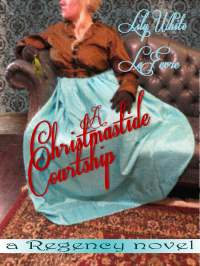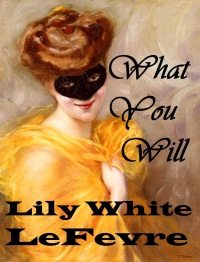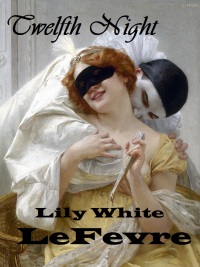Or, Milestones reached at the three month mark
It’s been about three months now since I put my first ebook up for sale on Amazon. Since I’m trying to spend my writing time on a story this week, it seemed as good a time as any to look back at where I’m standing and see how far I’ve come rather than writing a meatier “issue” post.
Blog stats have a big one: I’ve had over 1000 views now! Granted, many of these are the same people returning, but I think that’s pretty fabulous (and hi, y’all!). My daily hits goes up and down day-to-day but the trend in general is a climb. This is winning.
I have sold over 50 copies of my two ebooks! I know this number is not, you know, hugely impressive or anything, but it’s better than they would have been doing gathering metaphorical dust on my hardrive. At least this way I can take myself out and show myself a good time off the proceeds (somewhere around $20 at this point) and that is also more than the novellas were doing for me locked away from the world.
If you’re interested in trends, Kindle store is by far my biggest sales market, although Smashwords took a big leap to catch up right after I put my two books up on their site, only to let Amazon retake the lead and then some after that first couple weeks. I’m selling about 1/2 to 2/3 as many copies at Amazon UK as I am at the US store, which seems high based on population difference, so either my topics appeal disproportionately highly to Brits or my work is easier to find in their ebook store. My total sales have actually been pretty steady across the three months; comparing What You Will to Twelfth Night, copies are about even at this point but it does seem that a spike in WYW sales is followed a couple weeks later by a spike in TN sales. Hopefully those are repeat purchasers who liked the first enough to grab the second, but, as I’ve pointed out before, my numbers are at this point low enough that a handful of sales can disrupt the accuracy of my trend-spotting.
Overall the sales are about where I could hope for at this point, given I went strictly indie with these two ebooks and have only managed to grab two formal reviews (hopefully more are coming soon…I have nibbles from several quarters), and I’m quite pleased with my progress thus far. Maybe I can’t quit my day job yet, but I’m not hearing from all sides that I ought to quit writing, either, and that approaches validation.
Want to give my work a try? Be prepared for mistaken identities, obsessions with social status, and just a hint of lustful intentions!
What You Will ebook is available via:
- Amazon (Kindle)
- Smashwords (all ereader and digital formats)
- Barnes and Noble (Nook)
Twelfth Night ebook is available via:
- Amazon (Kindle)
- Smashwords (all ereader and digital formats)
- Barnes and Noble (Nook)



